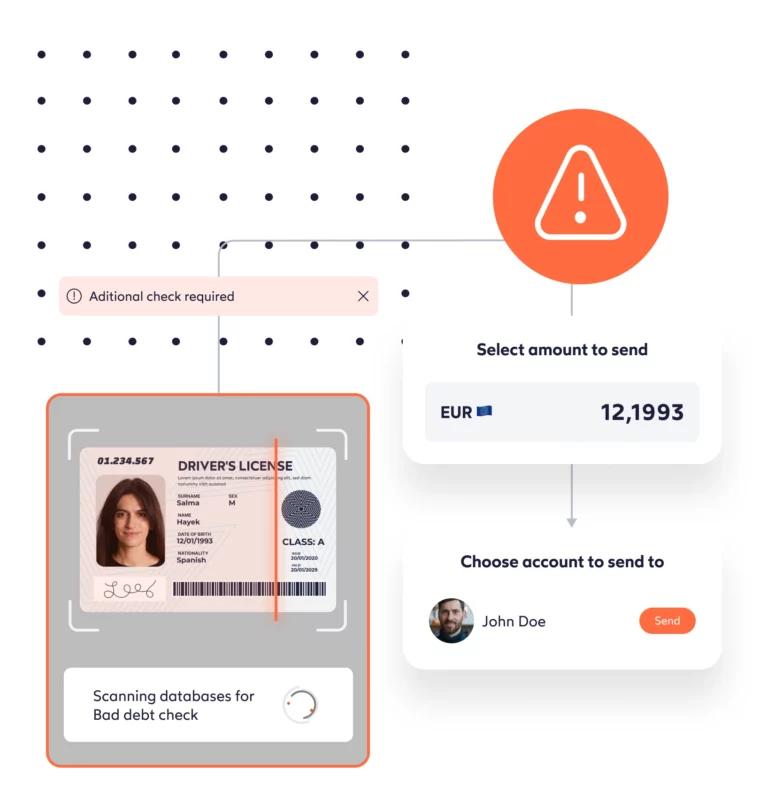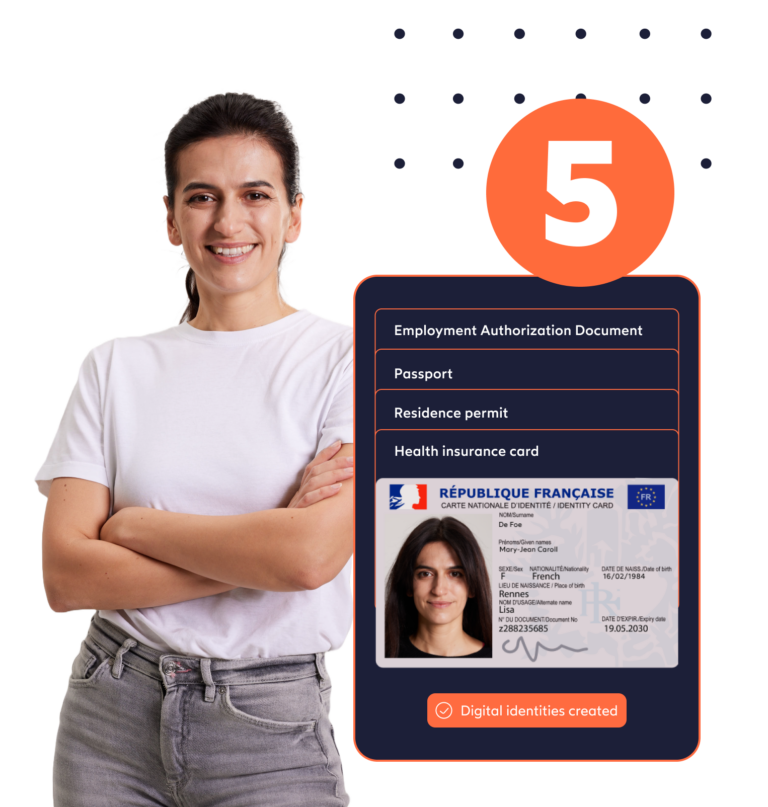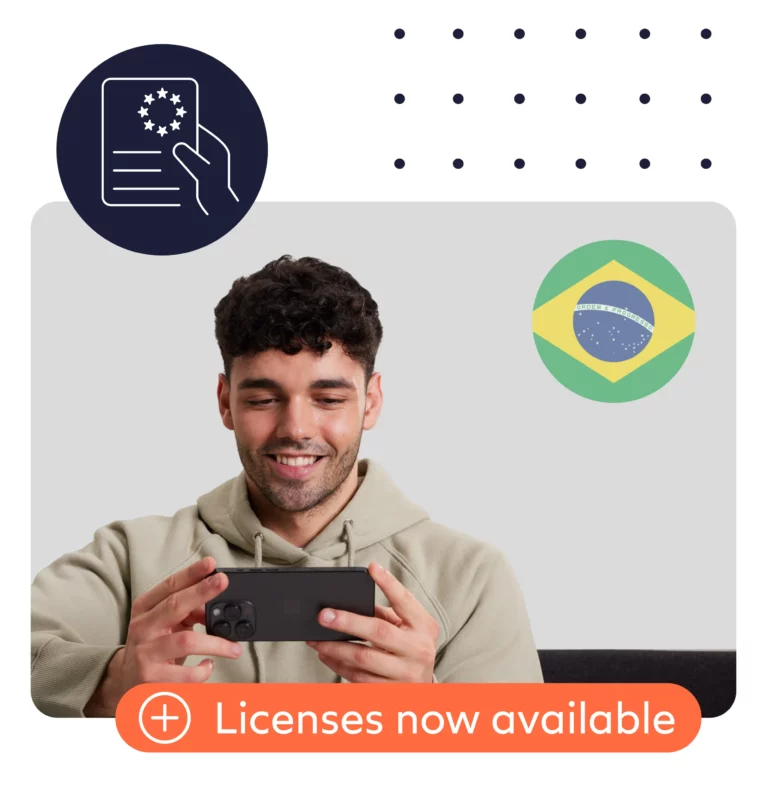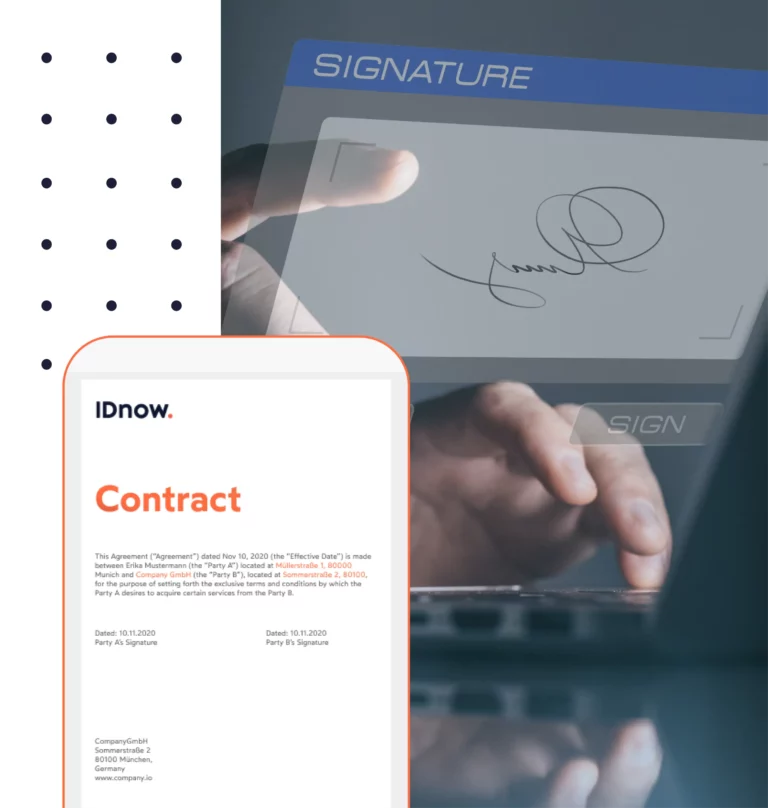What is CRUKS?
The Centraal Register Uitsluiting Kansspelen (CRUKS) is a gambling self-exclusion system and database in the Netherlands. It is used to maintain a list of users which have decided to exclude themselves from gambling and is used to stop them from registering and playing with licensed gambling operators.
The CRUKS is maintained and managed by Kansspelautoriteit (KSA) - the Netherlands’ official gambling regulatory authority. This means it is in charge of gambling licensing and regulations within the Netherlands.
The KSA works to protect and keep users safe, as well as create a compliant, safe, secure and responsible gaming environment by working alongside operators. This includes enforcing and maintaining current regulations, alongside bringing into effect new systems, such as CRUKS.
How does CRUKS work?
Users are able to access the CRUKS system through their DigiD (a Dutch ID system for online services and government websites). They can then register with either their public service number, surname, and date of birth, or, if they are not a Dutch citizen, with official documents like a passport.
A user can also be directly registered by a Kansspelautoriteit employee if they do not have access to the DigiD system.
The user will then be able to generate a CRUKS code, this code is used when registering for or accessing a gambling service. Then, the code is compared to a list of codes in the CRUKS system and if the players’ code matches one that is self-excluded, they will be blocked from accessing any gaming services.
CRUKS also generates aggregated metrics that relate to the number of queries and excluded players. This can be used to measure the system's success and, importantly, does not include data about any gaming habits.
The system came into effect as of March 1, 2021.
CRUKS Compliance
In order to be compliant with new regulations, operators will have to use the CRUKS system and correctly check users against the self-exclusion database. This means regulators must now do the following:
Any licensee’s gaming system must automatically consult the Netherlands Gambling Authority’s Central Register every time a player signs up, to check again the CRUKS database. The player’s CRUKS code must be checked and they must only be allowed access if it is confirmed they are not in the register.
A service interruption protocol must also be in place, which should consult and sign out CRUKS players after the interruption has been resolved, or keep track of users and their activity during the interruption.
How operators can utilize and check CRUKS
Gambling operators in the Netherlands are required to verify players through CRUKS. This means operators must send each user's personal data to Kansspelautoriteit upon registration, including the citizen’s service number, name, and date of birth.
This data should be sent through a secure Kansspelautoriteit connection, which will then be processed and return a result, signifying if the player is or is not in the CRUKS system. Appropriate action should then be taken based on the result, including linking the player’s CRUKS code to them, removing data of their service number, and excluding them if they are registered on CRUKS.
Operators are also able to suggest active players are registered to CRUKS. Potentially addictive behavior can be reported to the Kansspelautoriteit, who will investigate the player’s activity and make a decision.
The following details will need to be provided:
- A player intervention file, including data and analysis of a player’s gaming behavior
- The player’s CRUKS code or personal data
- The player’s contact details
- Contact details of the operator or a designated contact person
A notification of problematic gaming behavior can be submitted directly through the Kansspelautoriteit website.
Once submitted, the operators can expect to see the following process from the Kansspelautoriteit:
- Operators will receive an automatic confirmation of submission
- The Kansspelautoriteit will investigate the player’s game behavior - this is expected to take approximately six weeks
- The operator may receive requests for further information
- The player is informed of the Kansspelautoriteit’s decision
- The operator is informed of the details of the investigation and the Kansspelautoriteit’s decision
- The player may submit an appeal directly with the Kansspelautoriteit
How can players check or adjust their CRUKS status?
Registering in CRUKS allows players to take at least a six-month break from gambling and gaming in Dutch casinos and on Dutch sites. After registration is complete, it cannot be reversed until six months have passed, however, it is possible to check the remaining duration on a self-exclusion, as well as extend it.
A player can extend their self-exclusion in the same way they signed up, be it online or through a paper form. It’s also possible to check current CRUKS status through the online CRUKS portal - a player not on CRUKS will see a registration form, while players currently on it will see their details and options to extend.
Players will also receive proof of registration upon registering with CRUKS. This can be downloaded through the online portal or will be sent by post if a player registered through a paper form.
Which gambling sites are legal in the Netherlands?
iGaming is seeing steady expansion in the Netherlands, with more and more sites applying for and receiving licenses in the country. Currently, online betting is completely legal in the country and all websites are subject to regulations set out by the Kansspelautoriteit.
Some of the biggest gambling sites currently operating in the Netherlands are:
- Holland Casino
- Bet365
- TOTO
- LiveScore Bet
- GGPoker



